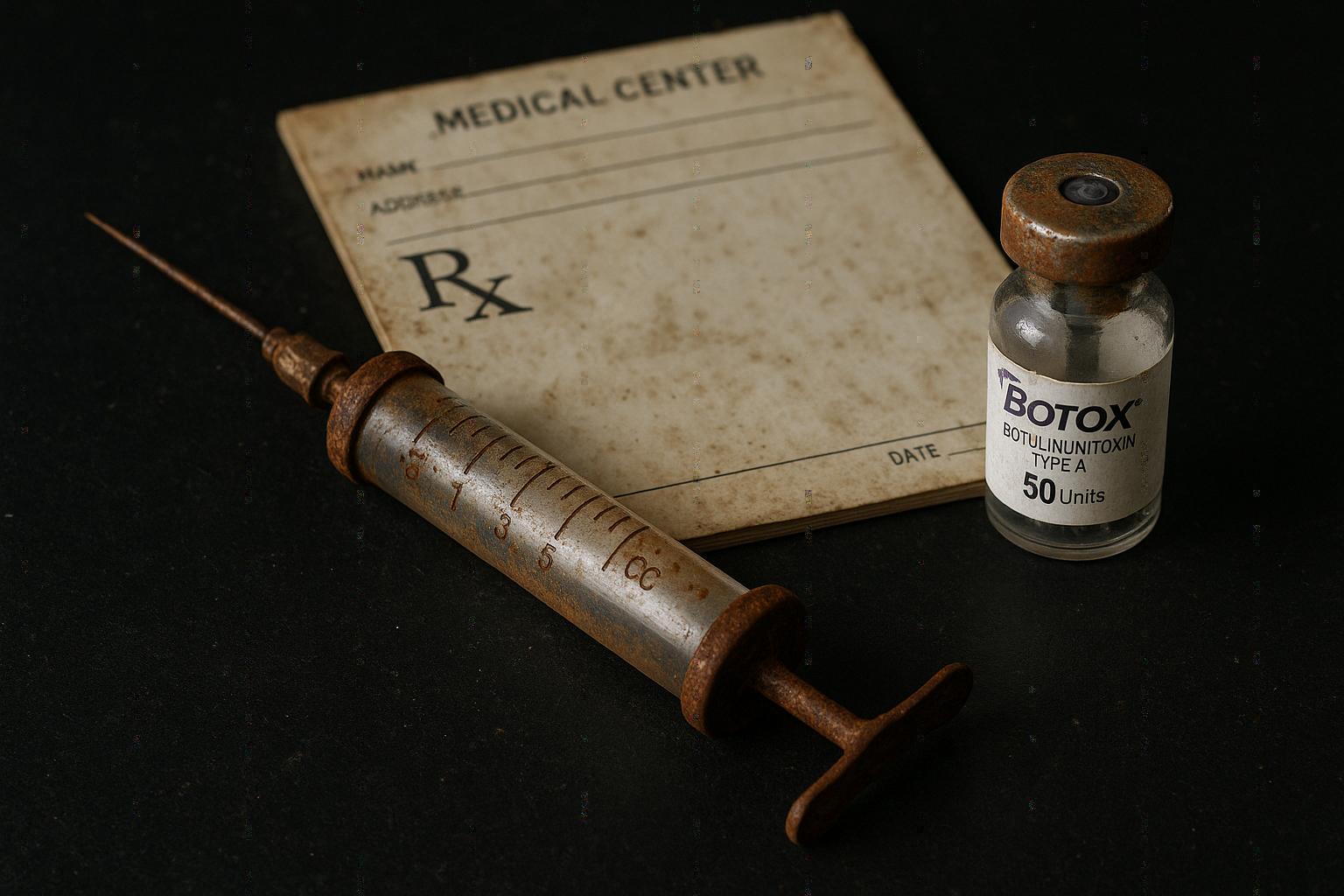Nurses and pharmacists across England have been found to be putting patients at significant risk by supplying Botox without conducting the mandatory face-to-face consultations required by medical regulations. A recent undercover BBC investigation uncovered how some registered medical professionals are circumventing rules designed to ensure patient safety, trading prescriptions through WhatsApp, coaching clients to falsify consultation records, and even enabling the use of illegal, unlicensed botulinum toxin products. These practices not only break legal and professional guidelines but also expose patients to potentially severe health complications.
The investigation was carried out over several months by BBC researchers posing as beauticians. They secretly recorded a senior nurse prescriber offering to issue prescriptions remotely without examining patients, dismissing the face-to-face requirement as “same old crap.” The nurse also proposed prescribing extra vials on a genuine patient's script so beauticians could inject clients without a valid prescription, a practice constituting prescription fraud. Meanwhile, a pharmacist was filmed handing over Botox vials without any medical consultation and instructing the falsification of records to cover the illegality. Additionally, a bogus “skin doctor” was caught selling unlicensed Korean botulinum toxin vials for cash, bypassing all medical safeguards. These unregulated products have been linked to a recent outbreak of botulism, leaving dozens of young women hospitalised with symptoms ranging from facial drooping to respiratory failure.
Botulinum toxin, commonly sold as Botox and other licensed brands such as Azzalure and Dysport, is a prescription-only medicine in the UK. The law mandates that it can only be administered after a qualified medical professional conducts an in-person consultation to assess suitability and safety. Without such checks, patients are vulnerable to complications including drooping eyelids, headaches, blurred vision, and in rare but serious cases, respiratory failure or death. Government data cited by the BBC shows a worrying rise in reported Botox-related complications, from 52 cases in 2019 to 225 in 2024, with 12 deaths recorded since 2015. Personal stories from affected patients highlight the human cost, with one woman recounting debilitating pain and distress after receiving treatment without proper assessment.
The Medicines and Healthcare products Regulatory Agency (MHRA) has intensified its crackdown on the illegal trade of unlicensed botulinum toxin products. Between June and August 2025, 41 confirmed cases of botulism linked to illicit aesthetic procedures have been reported in various English regions. Most of these unlicensed toxins originate from South Korea and include brands such as Botulax and Toxpia, which are not authorised for sale in the UK. The MHRA’s Criminal Enforcement Unit, in collaboration with Border Force, has seized thousands of vials and is prosecuting offenders. The agency warns the public to avoid unusually cheap treatments and to ensure their practitioners are properly registered, with licensed products verified by packaging and batch numbers.
Similar warnings have come from the UK Health Security Agency (UKHSA), which advises clinicians to be alert to botulism symptoms in patients receiving cosmetic injections, urging caution against unlicensed or self-administered products. Local authorities, such as Rochdale Borough Council, have issued alerts about imported, unlabeled, and potentially hazardous Botox-like products causing permanent disfigurement, underscoring the widespread nature of the problem.
The UK government is also moving towards tighter regulation of the cosmetic procedures sector. The Department of Health and Social Care has proposed reforms that would restrict high-risk treatments like Botox and fillers to qualified healthcare professionals only and require clinics to meet strict licencing standards. The aim is to protect consumers from unqualified practitioners operating in informal settings such as home treatments and “pop-up” clinics, which have been linked to increased NHS costs due to complications from botched procedures.
Regulatory bodies for nurses and pharmacists have responded to the BBC's findings with concern. The Nursing and Midwifery Council has pledged to review the evidence and take action against breaches, while the General Pharmaceutical Council emphasised that enforcement action would follow if professional standards are not upheld. Despite these assurances, the Department of Health declined to comment directly on the investigation’s core revelation that trusted medical professionals are violating rules and jeopardising patient safety.
This investigation exposes a troubling undercurrent within the booming aesthetics market in England, valued at over £115 million in 2024 and projected to nearly triple by 2031. The illegal and unsafe supply chains, along with the willingness of some healthcare professionals to flout regulations, have created a perilous environment for patients seeking cosmetic treatments. Experts warn that without stringent enforcement and public awareness, the risks of serious harm—including death—remain unacceptably high.
📌 Reference Map:
- Paragraph 1 – [1], [4]
- Paragraph 2 – [1]
- Paragraph 3 – [1], [2], [3]
- Paragraph 4 – [2], [3], [7]
- Paragraph 5 – [4]
- Paragraph 6 – [5]
- Paragraph 7 – [1]
Source: Noah Wire Services
